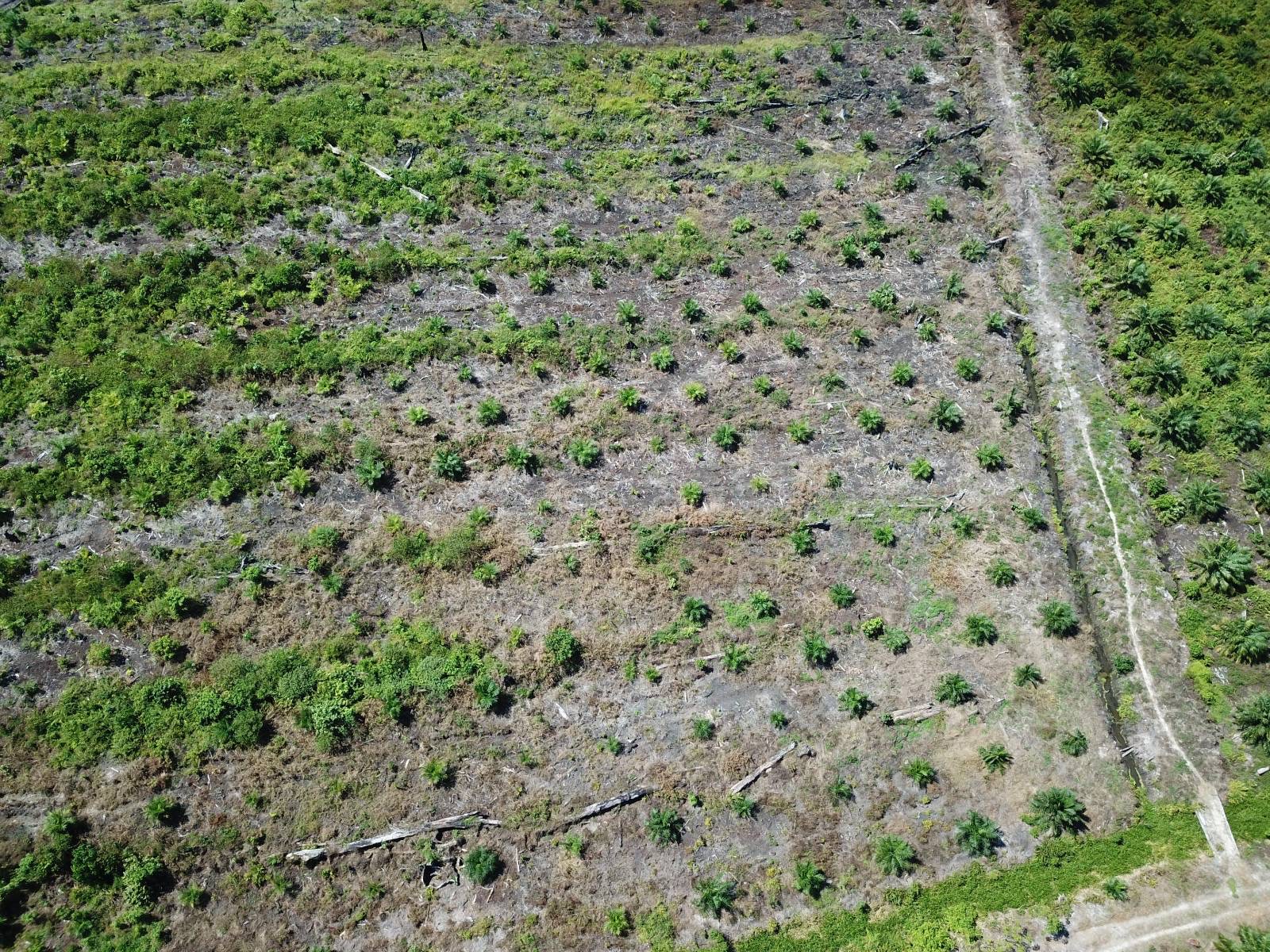Although they can seem far away for many of us, our fight to keep rainforests intact is a fight for all of us. Our biodiversity, our climate, our very future, depends on keeping forests standing.
For more than a decade, much of RAN’s focus on protecting Intact Forest Landscapes (IFLs) has centered on the world-renowned Leuser Ecosystem in Indonesia. These forests and peatlands provide livelihoods and water for millions of people — and they keep massive amounts of carbon in the ground and out of the atmosphere. When peatlands are drained and set on fire for palm oil expansion, thousands of years of stored carbon is suddenly released. Destruction of these precious forests is also often accompanied by land grabs, exploitation of communities, and human rights violations.
In response, RAN has targeted major international brands that source Conflict Palm Oil from the Leuser region. Our Snack Food 20 campaign, launched in 2013, was a prime example of our innovative market sector approach. We have brought significant pressure — and positive changes — to the sector by monitoring deforestation in palm oil supply chains and using field investigations to connect the dots between unscrupulous producers, traders, and the household brands that source palm oil grown at the expense of forests in the Leuser Ecosystem. And we spread the word — through reports, traditional and social media, and by “naming and shaming” complicit brands on platforms like LeuserWatch.org.
“No Deforestation, No Peat, No Exploitation”
One major result from these efforts has been the widespread adoption of new global standards for implementing No Deforestation, No Peat, No Exploitation (NDPE) policies –– a critical tool in efforts to protect tropical forests. The NDPE standard we helped establish is now being used by hundreds of companies across the palm oil sector. For example, after years of pressure from RAN, PepsiCo announced a leading policy in 2020. By leveraging these policies, and the groundbreaking European Union Deforestation Regulation (EUDR) which requires transparency in brand supply chains, we are in a position to push toward significant gains in protecting critical forests — from Indonesia to the Congo Basin and the Amazon.
The impact is clear –– deforestation rates have dropped across the Leuser Ecosystem. Programs have emerged, engaging local and national government agencies, smallholder farmers, Indigenous communities, as well as brands, producers, and traders, in the protection and restoration of the Leuser.
Thanks to years of pressure, corporate giants like Unilever and PepsiCo are now investing millions to establish these innovative new programs with local governments. In 2024, Unilever finalized investments in landscape programs to advance protection of forests at risk of deforestation within existing palm oil concessions. It will potentially secure legal protection for more than 600,000 acres of forests zoned for future development.
Investing in the Future
We now must convince their peers to follow suit. In 2024, we aim to secure new commitments from brands like Mars, Mondelēz, and Nestlé to invest in the protection of the Leuser Ecosystem.
If implemented by traders and brands that use palm oil, these innovative landscape level approaches could end deforestation for palm oil in the Leuser Ecosystem. Major threats remain, but this moment offers hope during a rapidly escalating global climate and biodiversity crisis.
